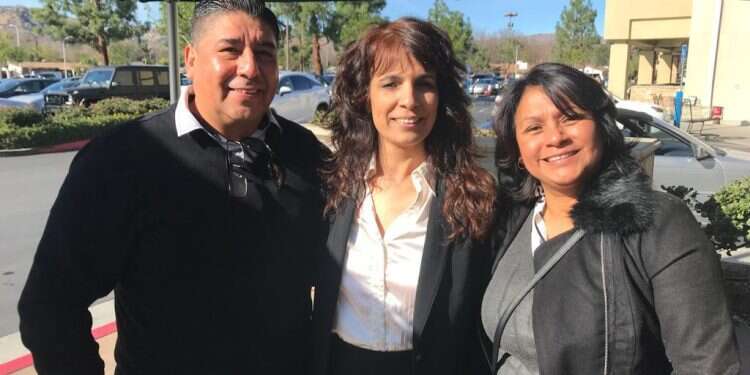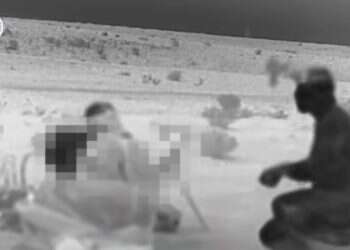Is the legal status of the Internet giants, Google, Facebook and Twitter, about to be upended by the highest court in the land? The US Supreme Court agreed in early October to hear a case that had been by Shurat HaDin-Israeli Law Center and other groups over the interpretation Section 230, which generally protects social media platforms from liability over users' content. The organizations filed lawsuits claiming that international technology companies can no longer shirk responsibility for online terrorist content.
Follow Israel Hayom on Facebook, Twitter, and Instagram
The issue has been bouncing around different courts for seven years. Now the Conservative line-up of the Supreme Court has decided to hear arguments and possibly even rule on the matter in the coming months. Unlike Israel, the Supreme Court in the US hears only a hundred cases each year out of several thousand.
Beheading videos on the Internet
The origin of the cases harks back to 2015. ISIS and Palestinian terrorist organizations were taking significant advantage of social media in order to spread their messages. Videos of ISIS members beheading their victims were distributed on the networks. In Israel, Palestinians posted pictures of knives covered in Jewish blood, with calls to continue such murderous actions.
As a result, Shurat HaDin filed lawsuits in the US against Facebook, Twitter and YouTube. The lawsuits claimed that the murders were made possible due to the freedom that social networks gave to terrorists to spread their doctrine.
One case was filed on behalf of the American soldier who was murdered in Jaffa, Taylor Force. Another lawsuit was filed on behalf of Nohemi Gonzalez, an American student who was murdered in Paris in 2015 by a terrorist affiliated with ISIS. Similar lawsuits were filed by families of other murder victims.
The internet titans claimed in the courts that in essence, they are only a "bulletin board" for content that others upload to the platforms, and that the law gives them immunity from liability for any problematic content.
Previous lawsuits were dismissed
Over the last seven years, the position of the companies has been accepted. According to Section 230 of the Communications Decency Act of 1995, companies have immunity from liability for content, so the lawsuits were rejected. However, this could change in the wake of the US Supreme Court announcing that it would hear the Gonzalez case as well as eight other, similar lawsuits.
Robert Tolchin, one of the attorneys in the Gonzalez case on behalf of Shurat HaDin, told Israel Hayom that "the decision itself is a big deal. Less than 1% of all cases reach the Supreme Court. A completely illogical situation has arisen, where according to the law, American companies are not allowed to supply pencils to Hamas schools in Gaza, but they are allowed to supply Hamas, and other terrorist organizations, with digital infrastructure for free."
Shurat Hadin's president, attorney Nitsana Darshan-Leitner, told Israel Hayom that the very decision to hear the cases signals a legal sea change in the making.
"In my opinion, the court wants to discuss the issue in order to bring about change. Otherwise, it would not have taken the case. The networks have a liberal leaning and this court is conservative. I assess that the process could take about a year."
Subscribe to Israel Hayom's daily newsletter and never miss our top stories!




